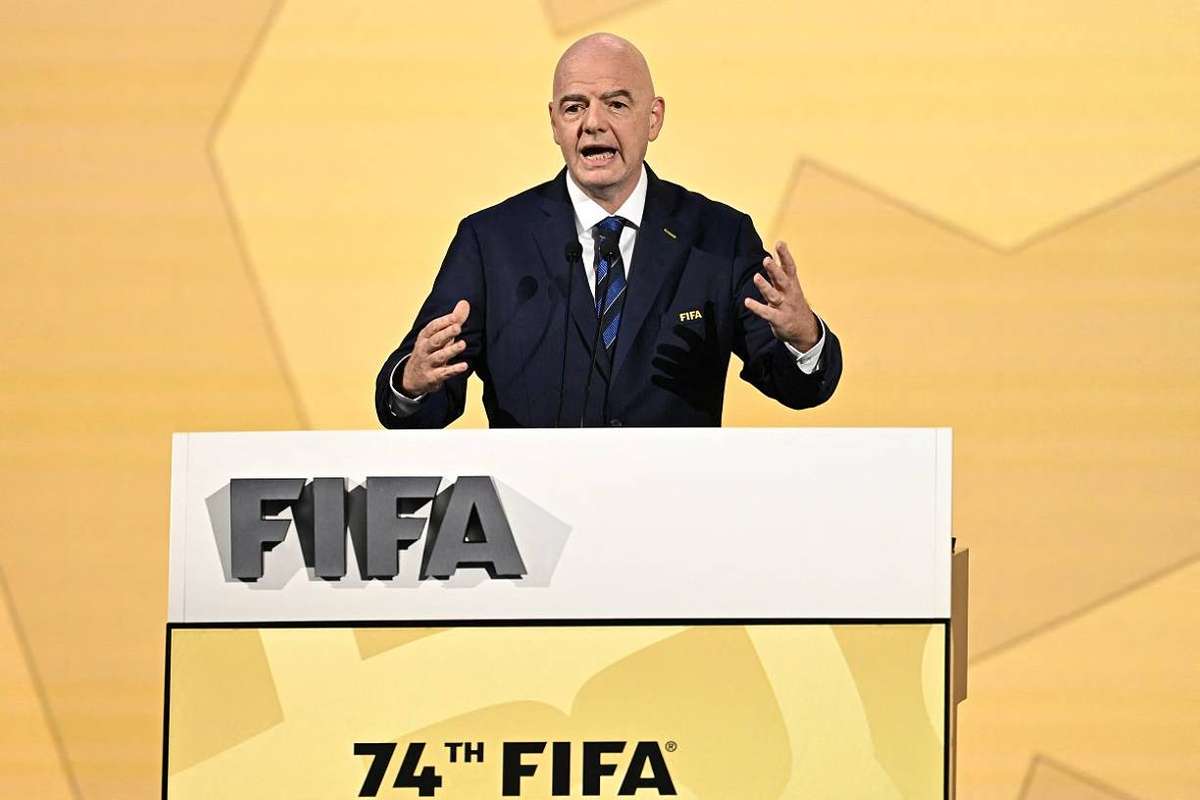FIFA Approves New Changes Proposed by IFAB – Media7

FIFA, at its general assembly in Bangkok, approved a series of changes proposed by the International Football Association Board (IFAB). Among the most notable decisions is the ban on the transfer of players from non-UN countries.
Ban on Transfers of Players from Non-UN Countries
The FIFA general assembly, held in the Thai capital, adopted several important changes recommended by the IFAB. The key decision of this meeting is the ban on transfers of players from countries which are not members of the United Nations.
This measure was approved by an overwhelming majority, with 202 votes in favor and only 4 votes against. This ban is in line with the previous decision of the Confederation of African Football (CAF) not to recognize non-UN countries during its general assembly in Morocco.
Consequences for Clubs and Players
The adoption of this rule by FIFA means that clubs will no longer be able to recruit players from nations not recognized by the UN. This measure aims to strengthen the legitimacy of international competitions and encourage the official recognition of States.
Alignment with CAF Decisions
This ban echoes a similar decision taken by CAF, which had already refused to recognize non-UN countries. This consistency between the two bodies strengthens FIFA’s position on the international stage and underlines the importance of adherence to global standards and rules.
Objectives of the New Regulations
The new changes aim to ensure greater fairness and integrity in world football. By preventing transfers of players from unrecognized countries, FIFA and the IFAB hope to avoid political and diplomatic complications that could affect sporting competitions.
Reactions from the Football Community
The football community has reacted in varied ways to these new rules. Some believe the ban could limit opportunities for talented players from non-UN countries. Others, however, argue that the move is necessary to maintain order and legitimacy of international competitions.
Future Outlook
With the adoption of these new rules, FIFA and the IFAB show their determination to strictly regulate transfer practices in football. This initiative could serve as a model for other sports and federations, encouraging greater compliance with international standards.
In conclusion, the changes approved by FIFA and proposed by the IFAB represent a significant step towards better regulation of world football. By banning transfers of players from non-UN member countries, FIFA is strengthening its position on the international scene and is committed to a fairer and more transparent sport.




